They also stressed the need for a timely review of NTIS in line with the changing global trade scenario.[break]
“NTIS was a landmark national document. But we are seeing problems in implementing it in the absence of proper coordination among government agencies and private sector,” said Toya Narayan Gyawali, joint secretary at the Ministry of Commerce and Supplies (MoCS).
Presenting a working paper on ´NTIS 2010: Current Status and Future Prospects´ on the first day of Public-Private Dialogue on Current International Trade Issues Facing Nepal on Thursday, Gyawali urged other line ministries to give priorities to NTIS programs in their annual budgetary proposals. He also stressed the need to focus on diversification of products and trade partners on the back of growing dependence on neighboring India for country´s trade.
Nepal´s trade with India stood at around 65 percent of the country´s total trade during fiscal year 2010/11, up from 58 percent recorded in 2009/10.
The government had launched NTIS on June 24, 2010, prioritizing 19 products (12 goods and seven services), in a bid to focus on product specific and cross-cutting issues to boost export.
Apart from the lack of coordination among implementing agencies, Posh Raj Pandey, executive chairman of South Asia Watch on Trade, Economics and Environment (SAWTEE) also attributed poor prioritization and insufficient budget allocation for poor yields from NTIS.
The government has allocated Rs 50 million for NTIS for the current fiscal year. Last year, it had allocated Rs 30 million.
Exporters of products prioritized by NTIS are not getting cash incentives because of the government policy of providing incentives only to exports earning convertible foreign currency, except Indian currency.
“Majority of the NTIS products are exported to India. Such flawed policy will never help boost exports,” said Pandey. He also asked the government to allocate sufficient budget if it was serious toward effectively implementing NTIS programs. Pandey underlined the need for timely review of government´s trade policies and priorities in line with the global trade scenario.
Philipp Kruschel, team leader of WTO support program of GIZ, also urged the government to make timely review of NTIS programs and prioritize public-private partnership (PPP) modality to implement export promotion programs.
Suraj Vaidya, president of Federation of Nepalese Chambers of Commerce and Industry (FNCCI), lamented that government policies were more focused on increasing revenue collection rather than boosting exports, generating employment, and increasing domestic production and productivity.
Speaking at the program, Purushottam Ojha, former secretary at MoCS, urged all implementing agencies and stakeholders to support the government policy of increasing supply capacity of Nepal in international trade. “We need to increase the number of exportable products and their productivity to reduce ballooning trade deficit,” said Ojha.
The public-private dialogue also included interaction on other agendas such as Doha Round Agendas of WTO with reference to Nepal and issue of intellectual property rights in international trade. The program was jointly organized by MoCS, SAWTEE and GIZ.
Food crisis looms large as drought hits Madhesh districts



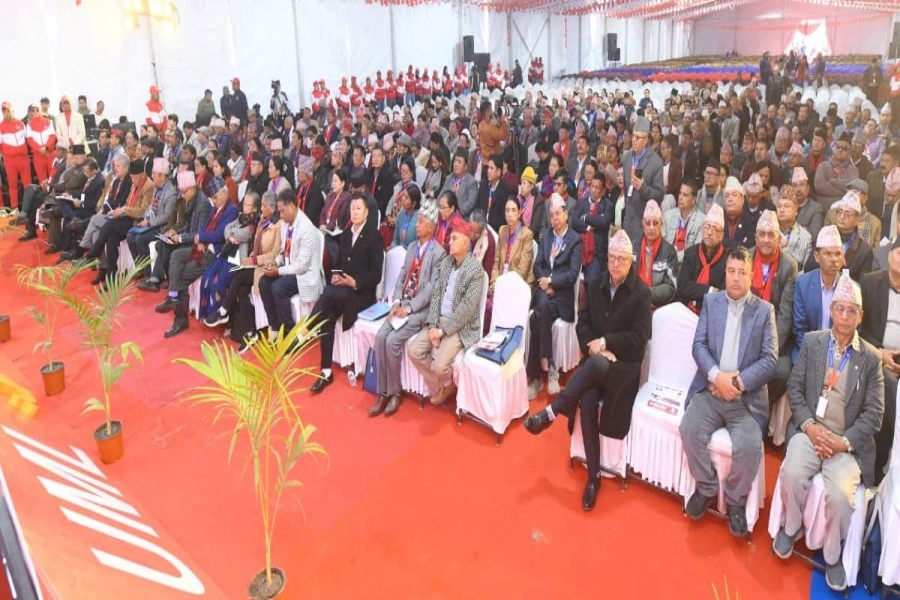
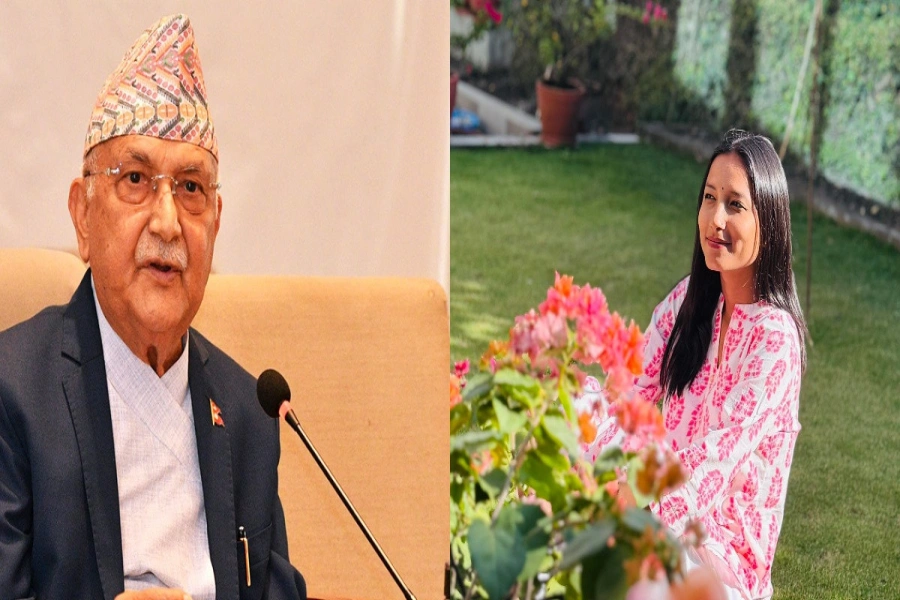


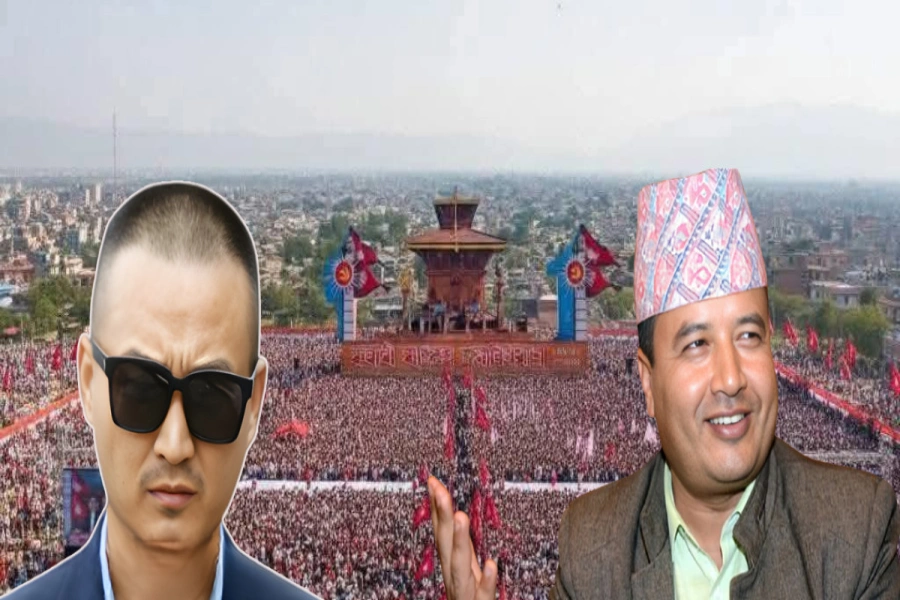







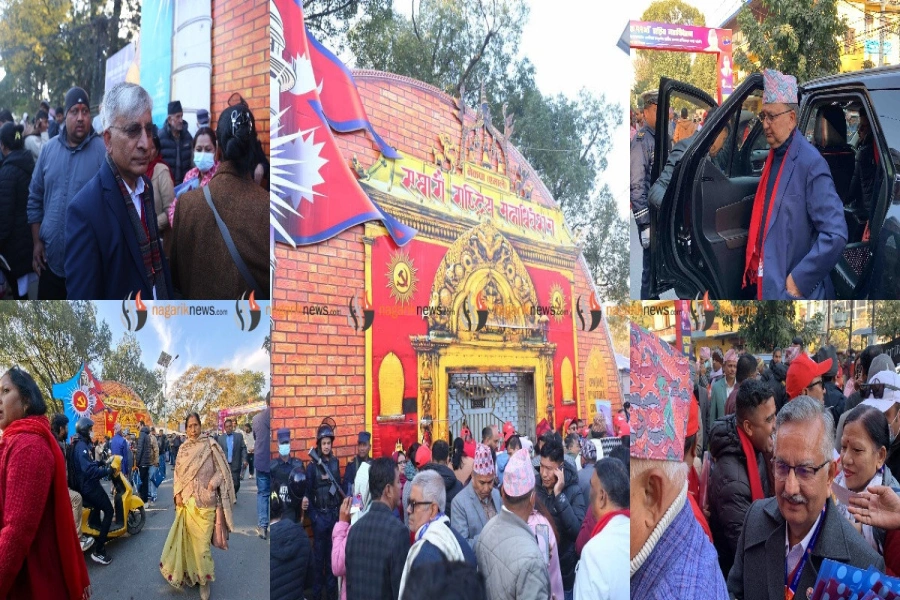
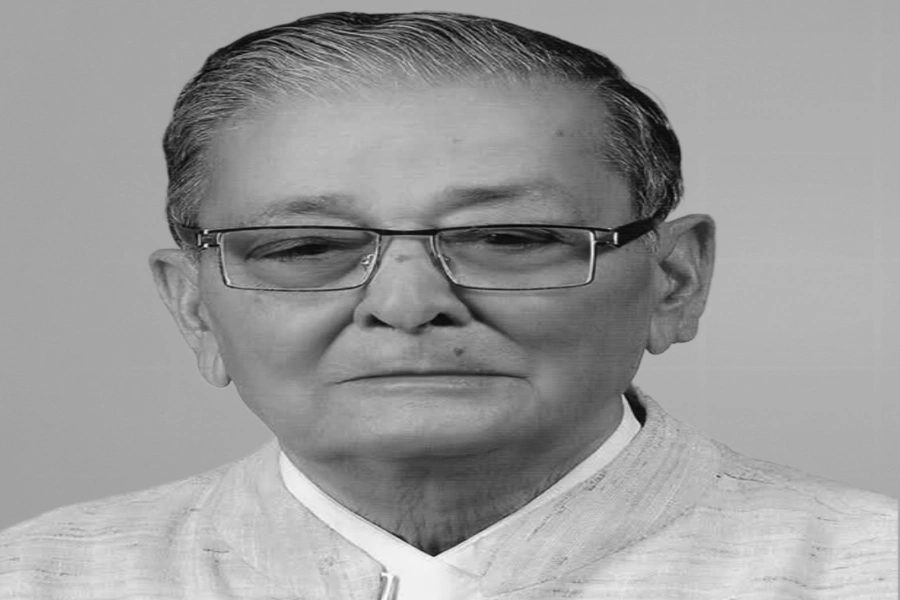

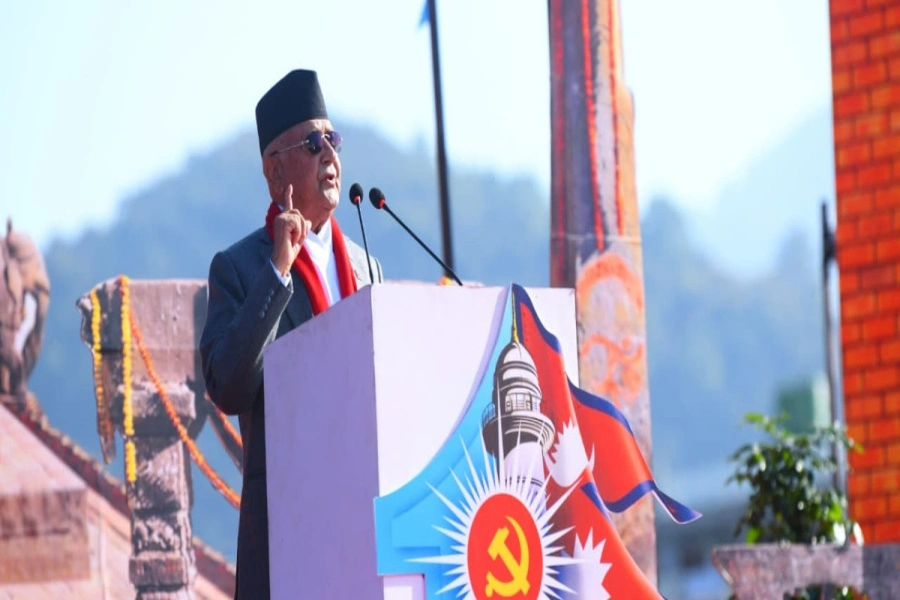




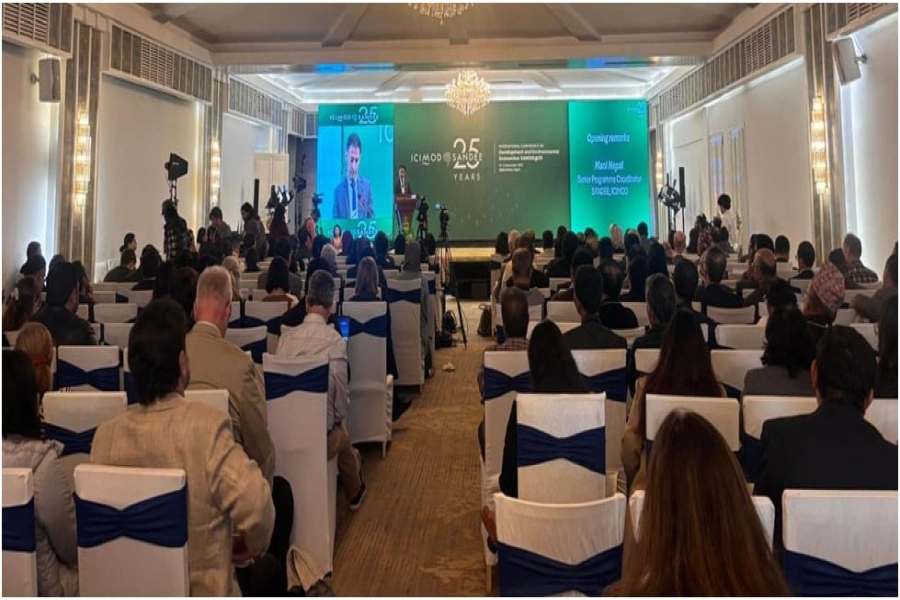











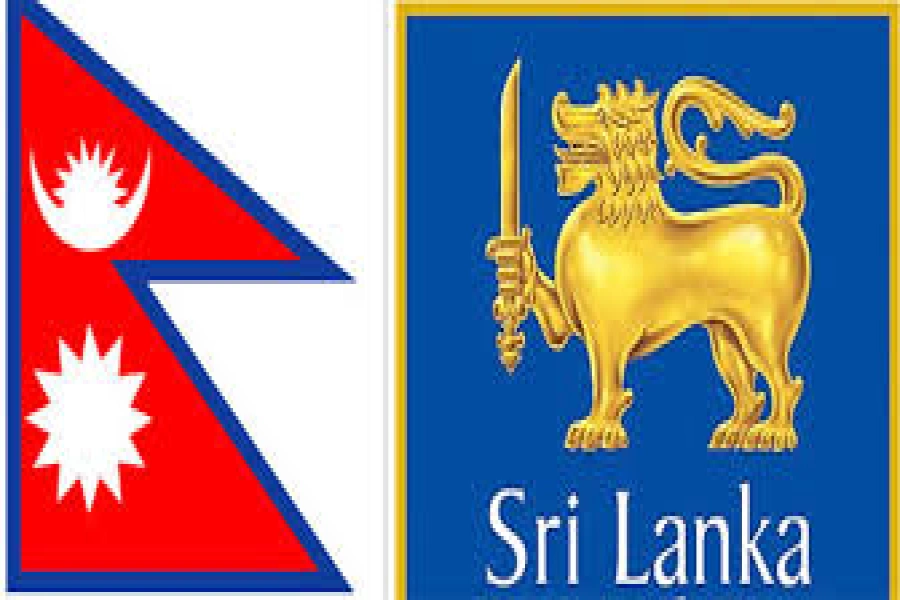
-1765616104.webp)